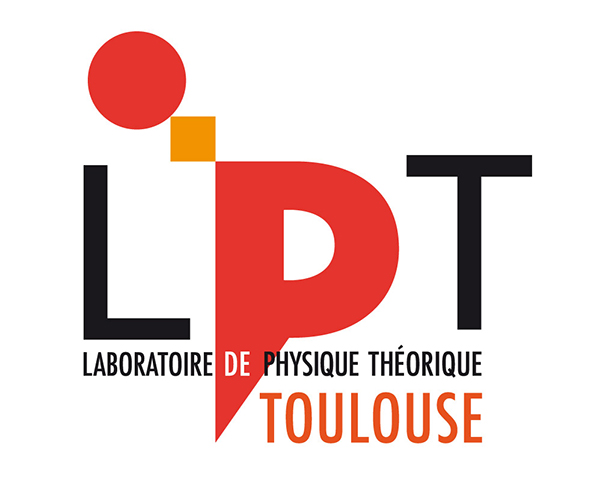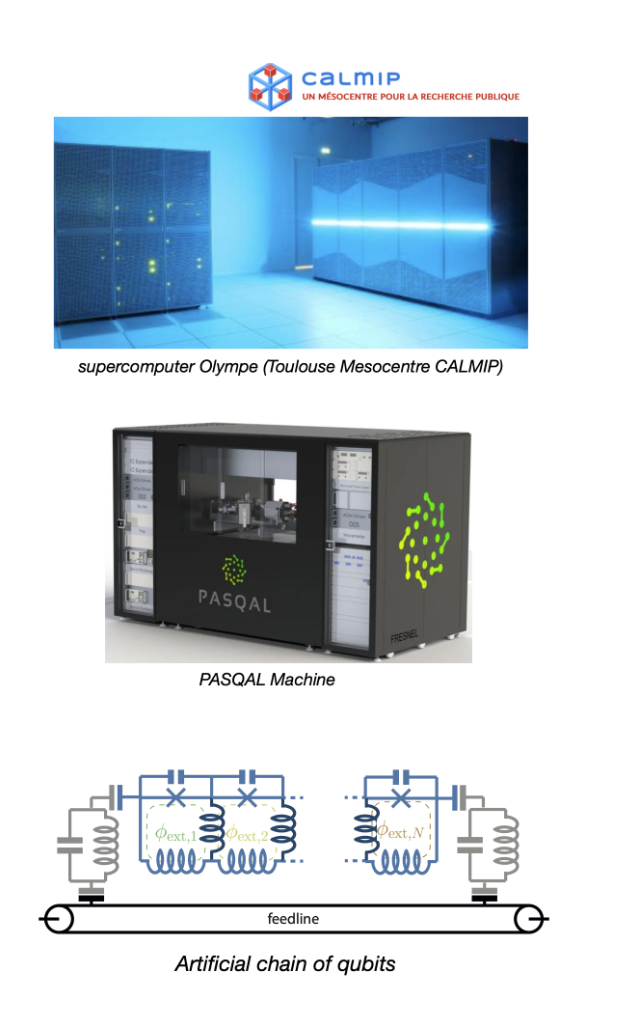EFFECTS OF DISORDER AND NOISE IN TOPOLOGICAL MAJORANA QUBITS (Exploring Topological Qubits Stability in Noisy and Disordered Environments)
THEORETICAL PHYSICS

Lab: LPT
Duration: NanoX master Internship (8 months part-time in-lab immersion)
Latest starting date: 15/10/2025
Localisation: Laboratoire de Physique Théorique, CNRS, Université Paul Sabatier,
118 Route de Narbonne, 31062 Toulouse Cedex 4, France
Supervisors:
Nicolas LAFLORENCIE n.laflorencie@gmail.com
This research master's degree project could be followed by a PhD
Work package:
Rapid advances in quantum technologies have led to the emergence of platforms
aimed at realizing Majorana qubits, which promise fault-tolerant quantum computing
due to their topological protection against decoherence. However, in real-world
applications, noise and disorder and their interactions pose significant problems, so
their subtle interplay needs to be better understood at the theoretical level to fully
exploit Majorana qubits. This research project aims to study such non-trivial effects on
the coherence and stability of Majorana qubits. It will be based mainly on theoretical
approaches using state-of-the-art numerical techniques to simulate and analyze qubit
dynamics under different experimental conditions
Methodology
The project will begin with non-interacting models to
understand the basics of Majorana qubits from the
Kitaev chain model. From there, weak interactions will
be introduced to simulate more realistic experimental
conditions. The student will develop and use numerical
codes capable of simulating large qubit arrays, focusing
on the combined effects of disorder, noise, and
interactions. There will be a collaborative part with
leading experimental groups to test the theoretical
models, particularly focusing on systems like the
PASQAL machine and artificial qubit chains based on fluxonium circuits.

References:
/
Areas of expertise:
1. Investigate how random imperfections and noise
impact the coherence of Majorana qubits.
2. Use of advanced numerical techniques to model and
predict qubit stability in disordered environments.
3. Work closely with experimental platforms
particularly superconducting quantum circuits and
Rydberg atom arrays, to validate theoretical
predictions with real-world data
Required skills for the internship:
- A deeper theoretical understanding of the stability of Majorana qubits under realistic
experimental conditions.
- Development of robust numerical methods for simulating quantum systems in
disordered environments.
- Insights into the scalability of topological qubits for quantum computing applications.
